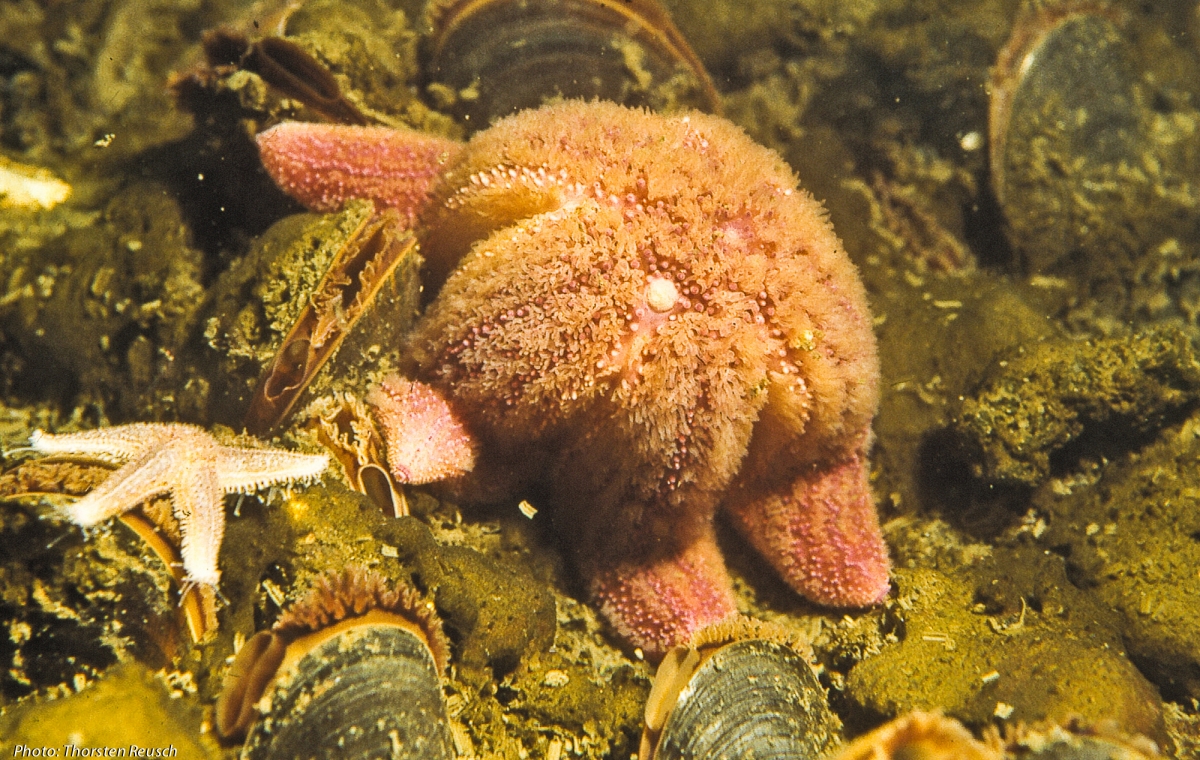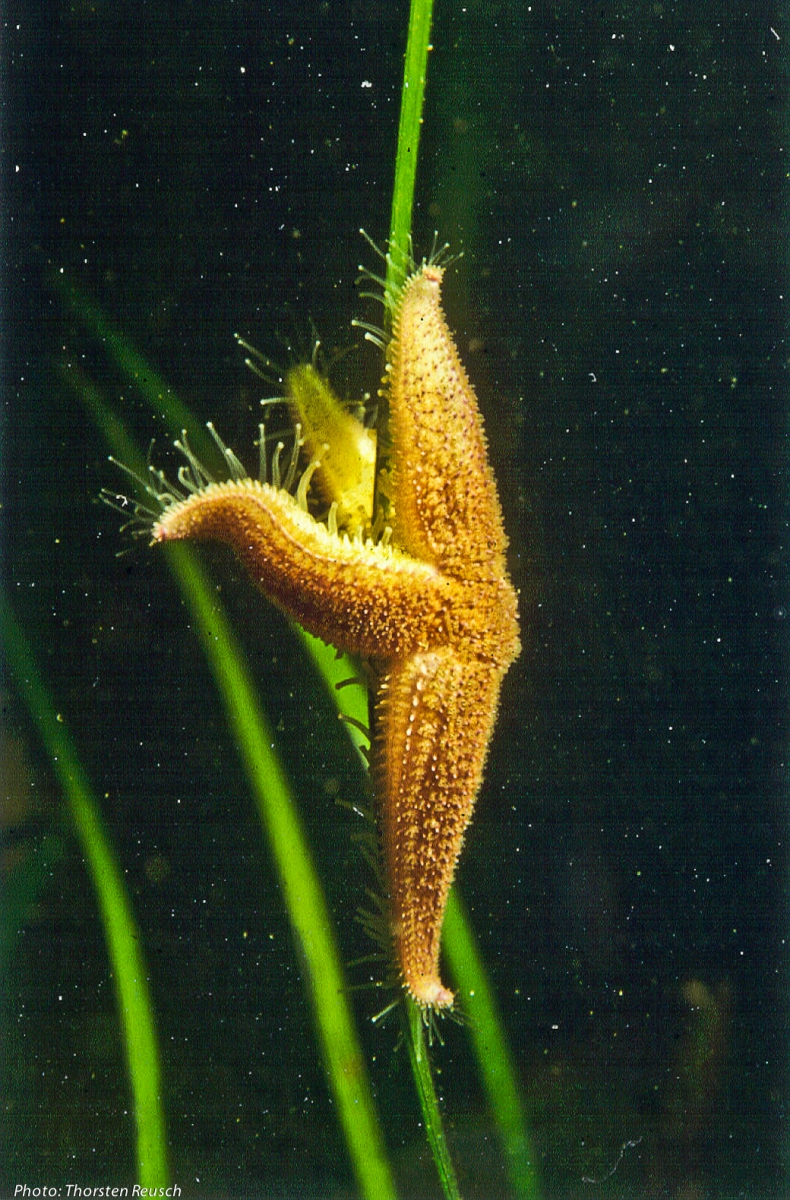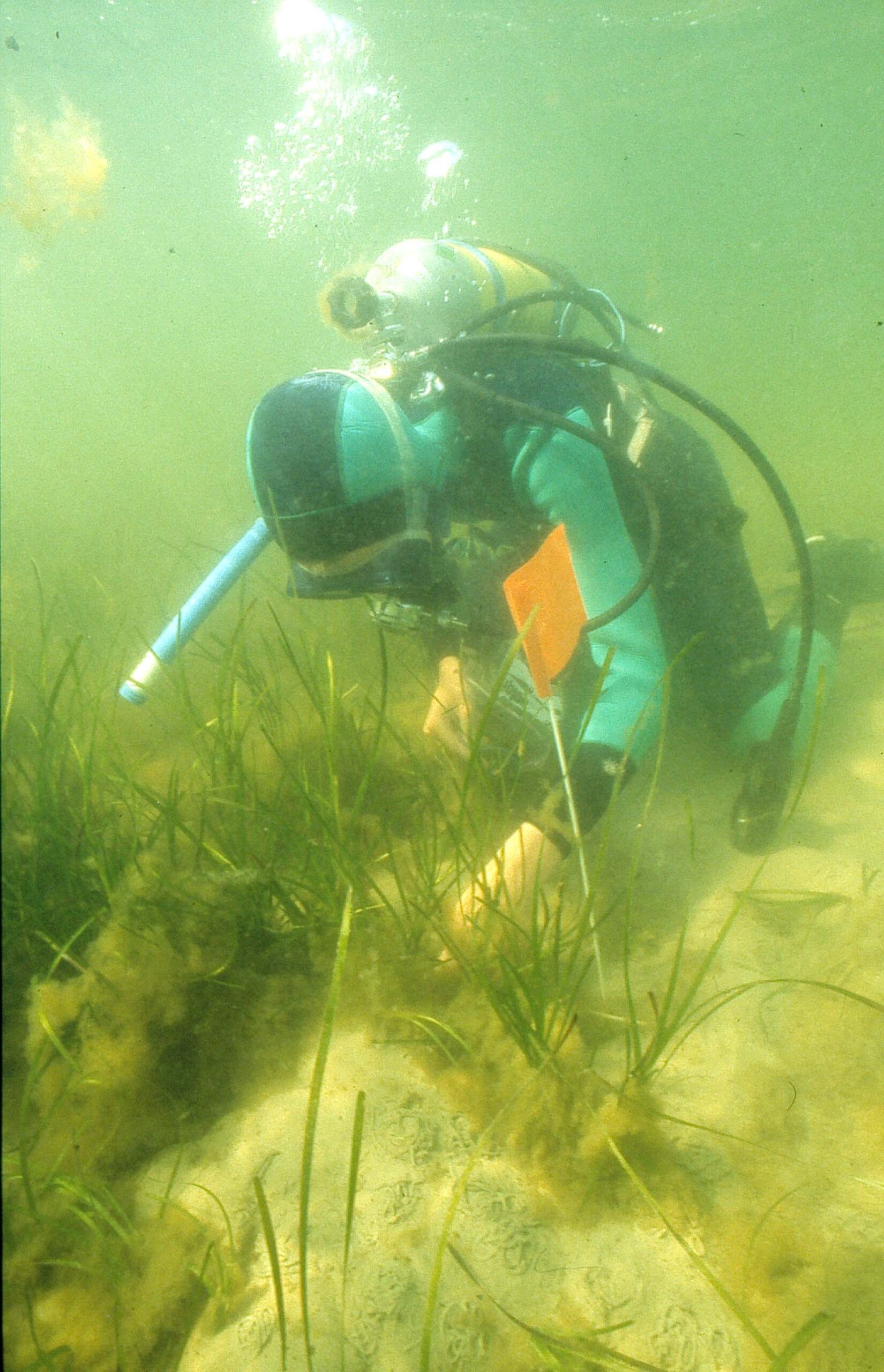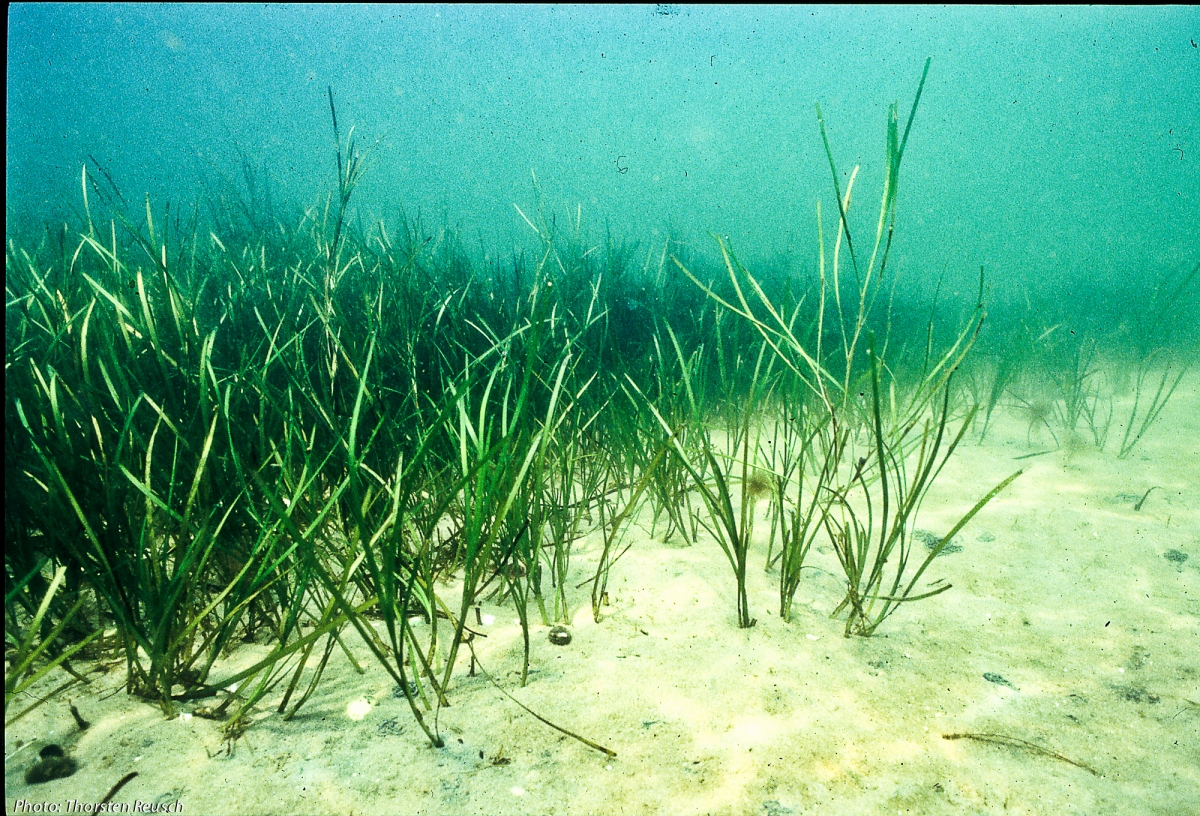
MARES
Research
We perform a meta-evaluation for the observation and monitoring of ecosystem services of the Baltic sea region and an analysis of the strength of science-policy interaction. This expresses the capacity of existing methods to synthesise and transfer this knowledge from the research community to practice, for ensuring evidence-based decision making in the context of different management scenarios and contemporary climate change.
The Work Packages focusing on research are described below. Findings will be updated on the sub-pages found on the left.


Ecosystem services in the Baltic Sea and their relations to human lifestyles and well-being (WP 2)
Analysis of interactions and cause-effect relationships and synergies between different marine ecosystem services
This task analyses the interactions, the cause-effect relationships and the synergies between the marine ecosystem services provided by submerged vegetation, seagrass beds and mussel reefs. It assesses also the validity of the valorisation of those services, such as nutrient retention, carbon fixation, nursery for juvenile life stages of economically valuable species (e.g. herring in the Baltic Sea), and erosion control.
Important outputs are the spatial distribution models of the intensity of the ecosystem services under different future scenarios taking into account eutrophication and climate change. The spatial models will be made accessible for the public in the form of maps in an online service.
Review of existing knowledge on human health and well-being effects of the Baltic Sea ecosystem
This task will review the possible direct effects of macrophyte beds on human health and well-being and associated research gaps for recommendations for future research.
Systematic meta-evaluation of the strength of science-policy interaction about non-economic knowledge related to ecosystem goods and services in the Baltic Sea region, and of related evaluation methods
Building on the inputs from the above described tasks, a participatory meta-evaluation will be conducted of non-economic knowledge expressed by diverse units of measurements (biological, physical or other kind, classified by natural, human and social capitals), and related methods.
In the evaluation, a two-step procedure will be applied, including first a Delphi online survey using the MARES stakeholder and expert platform. The outcomes of the survey will be used for producing scenarios and a first analysis of the ECOGAME -matrix.
A second round of discussion will use of the results of the first round for producing the final scenarios.

Review and meta-evaluation of existing evaluation methods for ecosystem services and their application to selected cases (WP 3)
Review of existing monetary and non-monetary methods for the evaluation of ecosystem goods and services and related impacts
This task conducts a literature review on existing monetary and non-monetary methods for evaluating marine ecosystem services. The impact of the methods as well as their usage in decision making will be assessed. The most suitable methods will be taken into further examination within the MARES project.
Systematic meta-evaluation of the strength of science-policy interaction about economic evaluations attached to ecosystem goods and services
This task will perform a participatory meta-evaluation of the methods for the economic evaluation of marine ecosystem goods and services. This will provide understanding of their ability to translate non-economic knowledge into an economic form, with the final aim to be integrated into socio-economic systems, markets and decision-making processes.
In the same way as in task 2.3, the meta-evaluation will be performed by a two-step procedure: first a Delphi on-line survey addressed to the stakeholder and expert platform, followed by the second round of discussion applying the ECOGAME.


